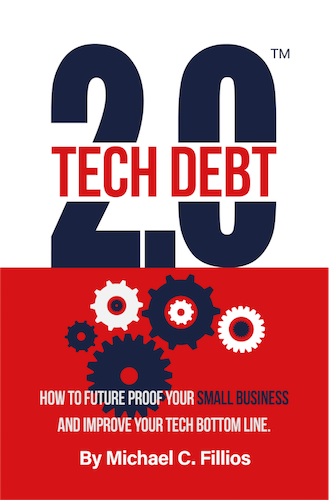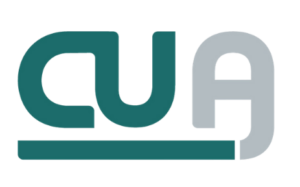Book
Available wherever online books are sold.
AN IT ALLY INSTITUTE PUBLICATION
TECH DEBT 2.0®
Right now, chances are technical debt is accruing in your business and it is not showing up in your monthly variance reports or other accounting controls that your organization depends on for recognizing financial well being or warning signs. It is also likely that someone in your organization, without explicit or implicit authority or oversight, has taken action or made decisions that have added to the technical debt of your enterprise.
In the software industry the term “technical debt”, also known as design debt or code debt, is widely used as a catchall that covers everything from bugs to legacy code, to missing documentation. In Tech Debt 2.0®, we offer an expanded definition that is more contemporary and comprehensive and shows the impact technical debt can have on an organization if it is not actively managed.
Managing technical debt requires disciplined management, leadership and governance and must be proactively assessed to ensure that the assets that you have built or purchased, don’t turn into liabilities creating a deficit for your business.
Tech Debt 2.0® will help you understand how this debt occurs and how you can communicate the importance of recognizing and managing technical debt throughout your enterprise. The Tech Debt 2.0® book will help your C-suite understand the context of technical debt and the impact it can have on your overall business performance.

